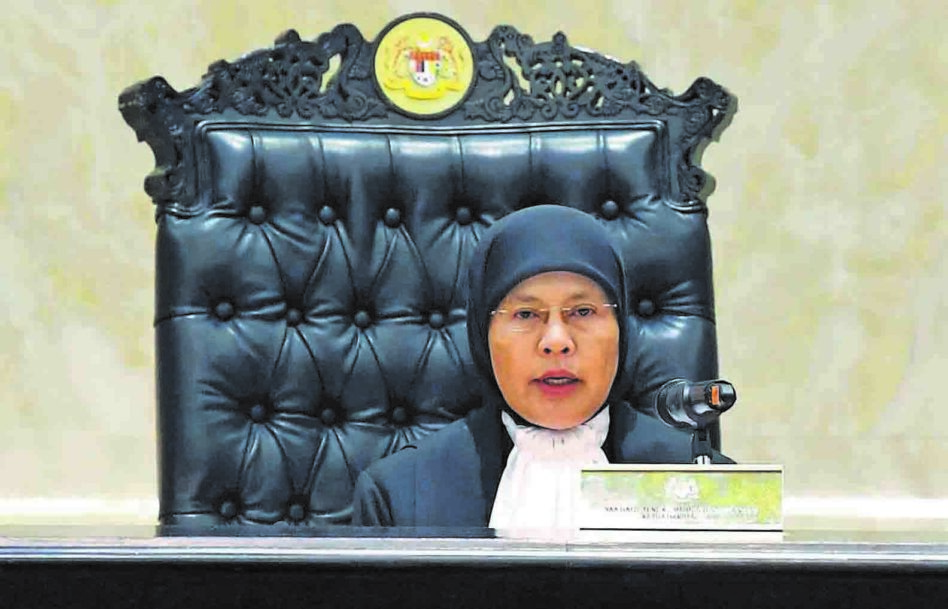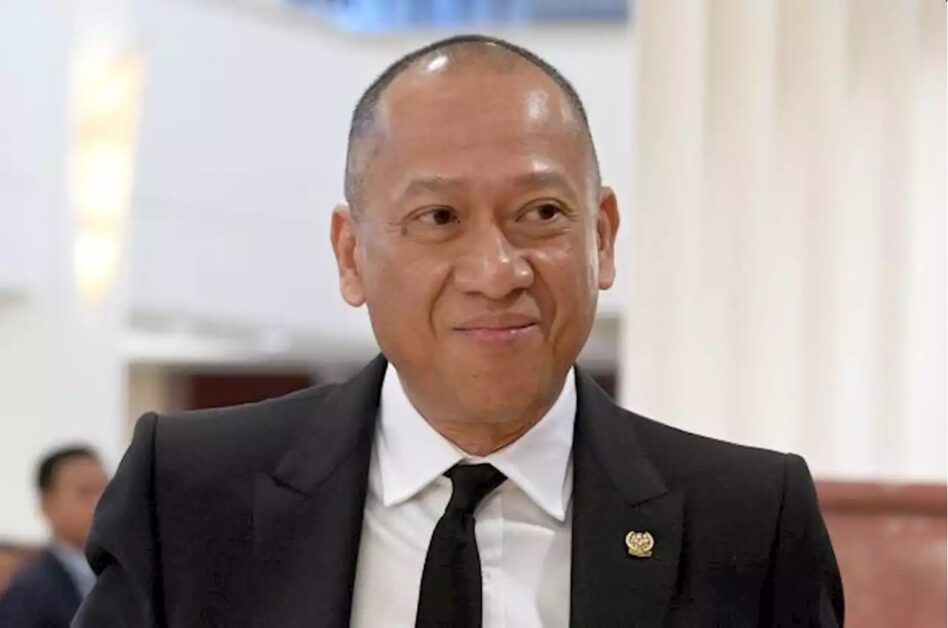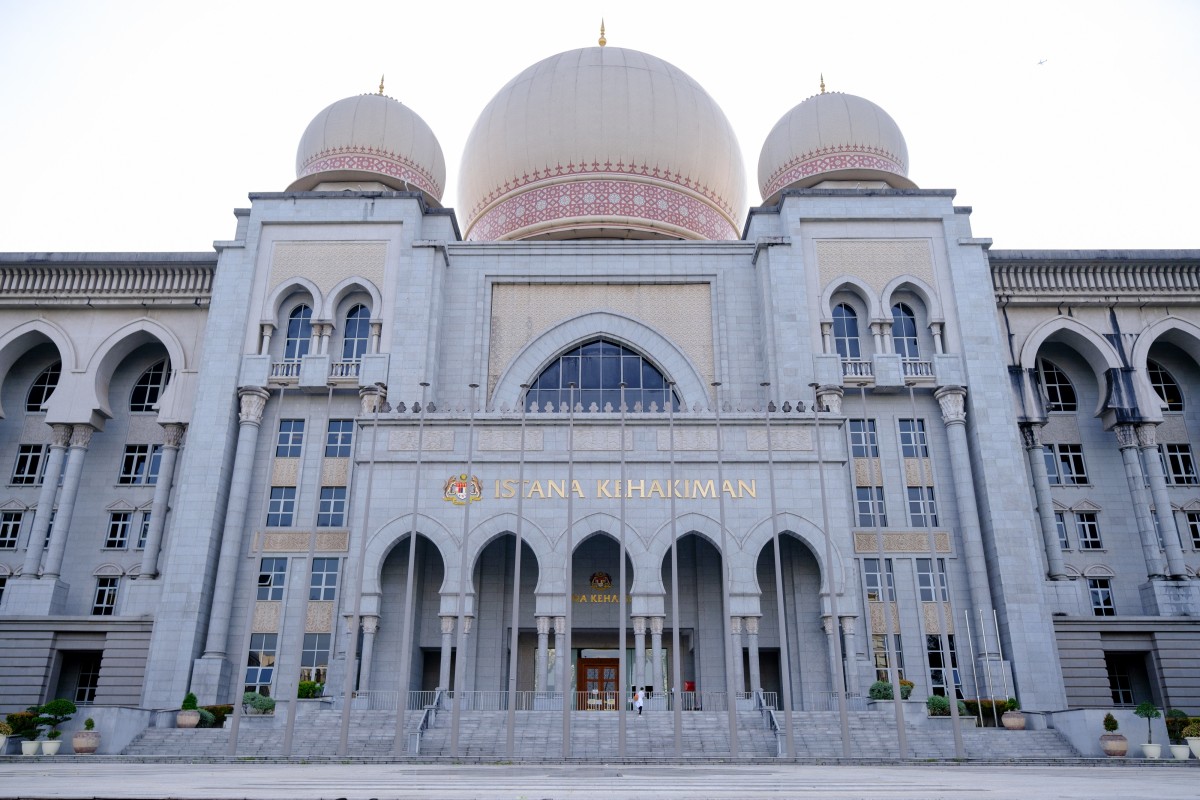ON April 8, Chief Justice (CJ) Tun Tengku Maimun Tuan Mat delivered a keynote address at the 24th Commonwealth Law Conference in Malta on the topic of “Judicial independence and parliamentary sovereignty”.
Among other points, the CJ expressed her agreement with certain proposals to amend the Judicial Appointments Commission Act 2009 & the Federal Constitution to remove the role of prime minister in the appointment of judges.
I can see why some people disagree with such an idea—it is open to debate. But this was by no means is a controversial proposition. It is in line with certain best practices globally which have adopted a very limited role for the Executive in the appointment of judges.
It is hence highly disturbing for certain individuals such as the former minister Datuk Seri Mohamed Nazri Abdul Aziz to have publicly lambasted the CJ’s speech.
He said that the CJ’s speech alluded that the current prime minister had interfered with judicial decisions.
This is a gross misinterpretation & misreading of the CJ’s speech, as the Malaysian Bar AND Universiti Malaya’s Professor Emeritus Datuk Dr Shad Saleem Faruqi have pointed out. I do not need to add further to that.
It is the second plank of criticism by the former minister which I wish to address. He essentially said that such statements by the CJ amounted to making policy and had interfered with the powers of the Executive and Legislature.
With respect, this is a complete misunderstanding on the doctrine of separation of powers and the role of the Judiciary in a democracy.

First, it is a common practice across the developed world for sitting CJ (or any member of the Judiciary for that matter) to make public their views on legal reforms and the weaknesses of current legislation.
Second, it is common for judges in their grounds of judgment to highlight the weaknesses or ambiguities in our legal statutes. Judges may then invite Parliament to make amendments, and the Legislature sometimes embraces this wholeheartedly.
For example, in Dason Gaban v Zulkiflie bin Manjun & Ors [1982] 1 MLJ 315, the former Lord President Tun Suffian LP pointed out the tension between 2 legislations which caused confusion on whether interlocutory applications in election cases can be appealed and invited Parliament to amend the law accordingly.
Parliament then amended the law without much fuss. There are many other examples peppered across the Malaysian law reports. Nobody accused judges of interfering with the Legislature.
Third and quite oddly, the former minister’s criticisms seems to be inconsistent with his own views back in 2007, when he was still de facto law minister.
At the 14th Malaysian Law Conference, in response to then Bar Council president Ambiga Sreenevasan’s call for the formation of a Judicial Appointments Commission, Nazri was reported to have said “As I’ve said, go and talk to the judges. I’m not against what they request but I want to do it in a proper way. I’m an executive, I cannot interfere.
“It must come from the judiciary. Talk to the judges; they also know how important their image is, so if they come to us and say make some changes, then we will accommodate them, but it has to come from the judiciary.”
Quite clearly, back in 2007, not only did Nazri expected the Judiciary to initiate any reform on judicial appointments, but that the Executive would not budge on the issue unless the Judiciary proposed such reforms as it is the “proper way”.
He even suggested that if any proposals on judicial appointments came from the Executive, it would amount to “interference”.
So why now, when the CJ voices her agreement on certain reforms on judicial appointments—in a measured and constructive tone no less—is Nazri getting his knickers in a twist?

I will end with a trip down Malaysian legal history, where a similar pattern of events have happened before.
The year was 1987. Justice Datuk Harun Hashim in a legal seminar at Universiti Kebangsaan Malaysia remarked that it was timely to make improvements to the Malaysian Constitution.
He gave vivid proposals such as senators being appointed among chief ministers, the concept of fixed-term parliaments to prevent sudden General Elections and a requirement for the Executive to seek Legislature’s permission to extend the life of emergency regulations.
In the next few weeks, then prime minister Tun Dr Mahathir Mohamad admonished Harun, effectively calling him indiscreet, injudicious and encroaching on the roles reserved for other branches of government.
Against such backdrop, the former Lord President, HRH Sultan Azlan Shah, made these salutary remarks publicly when launching a book at the University of Malaya on 30th September 1987: “When a judge aired his views outside the court, one person mistakenly made a wrong presumption by saying that [the comments of] a judge should be confined to the court.
“If that was so, then no judge would be willing to write books and disseminate his knowledge. These people [judges] should be encouraged to explore and contribute to the pool of knowledge, especially on the laws of the country.
“A judge plays the role of watchman to the Constitution and to the property and interests of society, and he has to ensure that everyone follows the rules.”
I can do no better than what the late Sultan and eminent jurist has said on the subject matter. Judges, who are the party most affected and who are best placed to identify any shortcomings, should not be censured for merely giving their views on the judicial appointment process.
More so when Malaysia has a chequered history of intrusions towards judicial independence such as the 1988 Judicial Crisis, the effects which we continue to feel even today. – May 2, 2025
Lim Wei Jiet is a Malaysian lawyer.
The views expressed are solely of the author and do not necessarily reflect those of Focus Malaysia.
Main image: Bloomberg









